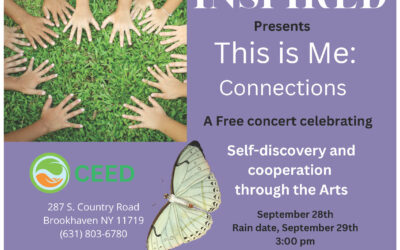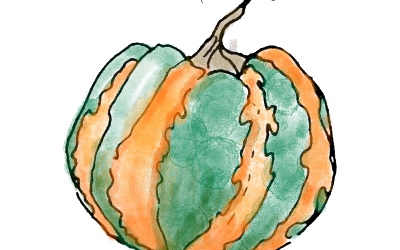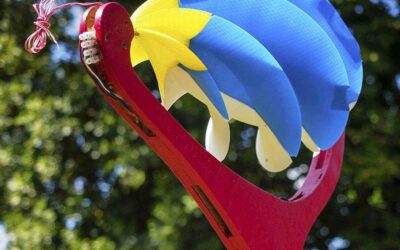Where is Away?

The other day I attended a presentation on the Waste Crisis: Global Plastic and Long Island Environmental Justice moderated by local resident and Stony Brook University professor, Abena Asare and sponsored by the Safina Center, SUNY Stony Brook Humanities Institute and Department of African Studies. During the keynote presentation, Erica Cirino spoke a line that resonated in me. “Where is away?”
I’ve always considered myself environmentally conscious but over the past couple of months, I’ve noticed I’m not as good as I could be. I can do better.
I am now keenly aware of when I say, “Just throw it away.” And boy, do I say that a lot! Of course, that means put it in the trash can inside, which will eventually go in the trash receptacle outside, which will be picked up by the local waste management truck on Sunday or Thursday, but then where? Quite a bit of it stays on Long Island, some of it burned to ash and some of it just deposited. Other waste goes off the island. Regardless of where it goes, it goes near someone’s backyard, affects someone’s water resources, affects someone’s air quality, and affects someone’s soil. No one likes the idea of trash affecting any of that, but it is a big problem that just one person can not solve. With that being said, all of us can solve the problem together depending on how we are involved.
To focus on what we can do to reduce waste and the effects, where do we start? As the folks at Save the Great South Bay always say, “Start where you stand.”
- Buy products that have minimal packaging and if there is packaging, try to make sure the material can be recycled. It may cost a little more sometimes, but that will send a big message to manufacturers. Let manufacturers know that if they are ecologically conscious of their packaging, people will be more likely to buy their product.
- Only buy what you need. About 30-40% of our food supply is estimated to be wasted and ends up in our landfills. Most people feel that is fine because it decomposes, but that food waste also releases methane gases as the food breaks down.
- Reduce, reuse, and recycle as much as you can. Sometimes we are in such a rush that we do not take the time to think about whether what we put in the trash can follow a better environmentally friendly path. If plastic has a #1, #2, or #5 on it, the plastic can be recycled in the Town of Brookhaven.
- Let the world know that you support environmentally friendly methods. If you do not want waste in your backyard, make sure the waste is not going to someone else’s backyard. There are several new methods for processing waste that are more environmentally friendly and might harness some of the released energy. The problem is these methods are costly and will create shifts in local economy, especially employment. For big changes to happen, each community will need support on a state and federal level.
These are just small steps for helping to create a healthy equitable environment and planet for all, but if enough of us try to do what we can, we can make a difference. As J.R. Tolkien said, “Even the smallest person can change the course in history.”
This is Me: Connections
Saturday, September 28, 2024, 3 PM - 5 PM Join us for a free concert celebrating who we are as individuals, communities, and our connection to the world around us. It features professional musicians, community members, dancers, and poets. It is an opportunity for...
Gourds in Watercolor or Sketching
Sunday, October 6, 2024, 11 AM - 1 PM This is the fifth of a bi-monthly offering of classes from local nature artist and educator, Jenn Lucas. Join artist Jennifer Lucas for an afternoon of sketching and adding color to the Halloween spirit. This workshop is for...
Sculptures for Sale Through Oct. 12
The amazing sculptures that were created for our 2024 Sculpture on the Trail are available for purchase from the artists. For more information, email Jennifer Vorbach (jennifer.vorbach@me.com). For artists names and bios, click here.[dmg_masonry_gallery...



